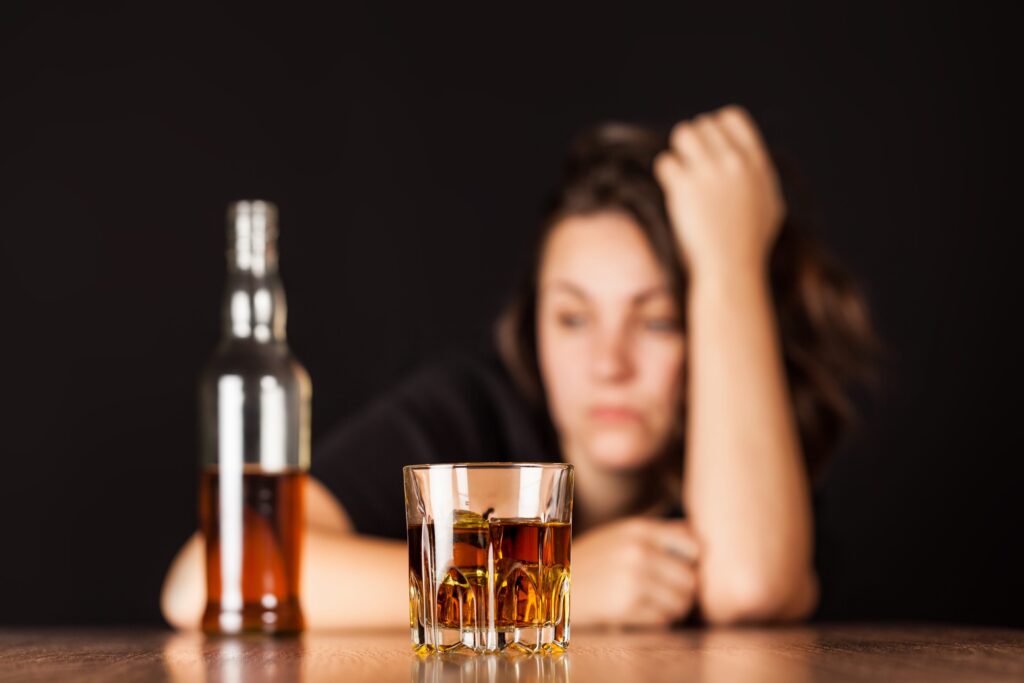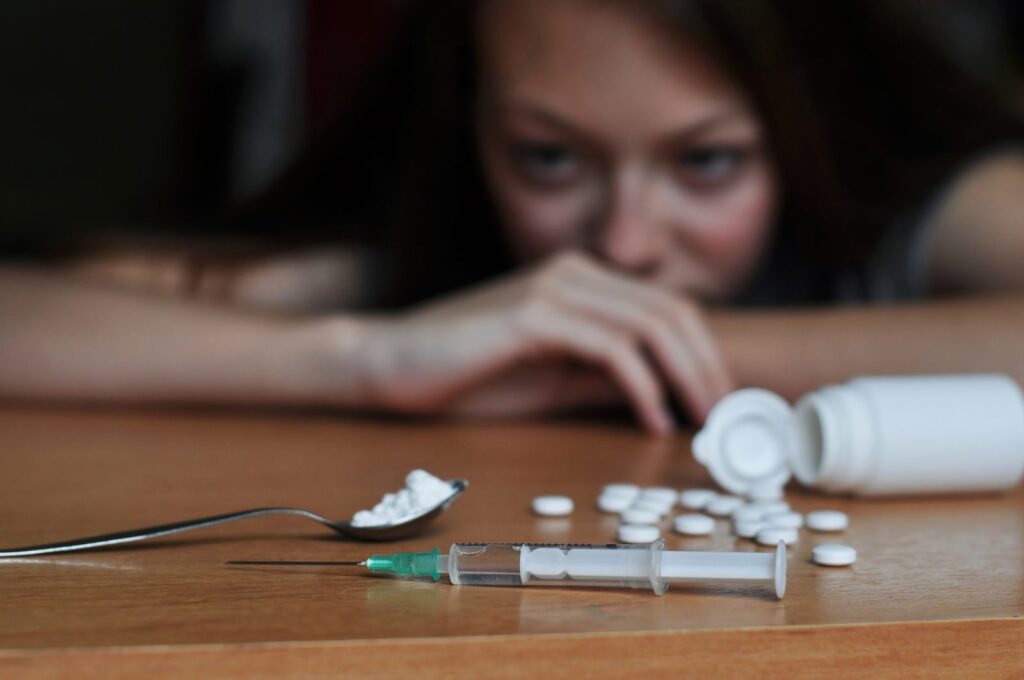Depression and addiction are two of the most common health disorders in the world. While they both have distinct causes and symptoms, they often occur together, creating a cycle of misery that’s hard to break free from.
Everyone has bad days sometimes, but for people who suffer from addiction and depression, these bad days can quickly turn into a spiral of negative emotions and destructive behaviors. This spiral can be difficult to break out of, but it is possible with the right support and treatment.
Magnolia Ranch Recovery is a secluded and private inpatient addiction treatment center that helps people with addiction by giving them a safe and peaceful place to focus on getting clean. We understand that there is no generic solution to addiction and depression, so we create a customized treatment plan for every client we work with. Our holistic approach to treatment includes a number of different therapies and modalities that are tailored to your unique needs. If you or a person you know is struggling with addiction and depression, contact us today at (931) 329-5622.
Breaking the cycle of addiction and depression can be tough. However, with the right help, it is possible to achieve lasting recovery.
Do I Have an Addiction?
The first and most important step in breaking the cycle of addiction and depression is to admit that you have a problem. This can be difficult at first, but it’s an important step in getting the help you need. If you’re not sure if you’re addicted, ask yourself if you’ve ever tried to quit using alcohol or drugs and been unable to do so. Do you continue using despite negative consequences like job loss or financial problems? Are you unable to control how much you use? If you agreed with any of these questions, it’s likely that you’re struggling with addiction.
Am I Depressed?
Depression is more serious than just feeling sad or down in the dumps. It’s a real medical condition that can be extremely debilitating. Symptoms of depression include persistent feelings of sadness, fatigue, hopelessness, anxiety, and worthlessness. People who are depressed may also struggle with sleep problems, changes in appetite, and difficulty concentrating. If you’re experiencing any of these symptoms, it’s important to reach out for help.
Understand the Link Between Addiction and Depression
According to the National Institute on Drug Abuse (NIDA), about 60 percent of people with substance abuse problems also suffer from mental health disorders. Depression and addiction share a number of common risk factors, such as genetics, brain chemistry, and trauma. People who suffer from depression are more likely to turn to alcohol or drugs as a way of numbing their negative emotions. Similarly, people with addiction are more likely to develop depression as a result of the changes in brain chemistry that occur with chronic substance abuse.
The combination of addiction and a mental health disorder such as depression is called a co-occurring disorder, and it can be one of the most difficult types of mental illness to treat. That’s because the two disorders often feed off of each other, creating a vicious cycle that’s hard to break free from.
The good news is that co-occurring disorders like depression and addiction are treatable. With the right help, you can break the cycle and get on the road to recovery.
Dual Diagnosis
A co-occurring disorder or “dual diagnosis” is the term that defines a condition in which someone suffers from both a substance abuse problem and a mental health disorder.
Treating a dual diagnosis can be tricky because it involves addressing two different but intertwined problems. The first step in treatment is getting a comprehensive evaluation from a mental health professional who specializes in addiction. This evaluation will help to determine which disorder is primary and which is secondary. An accurate diagnosis is crucial, as it will guide the development of your individualized treatment plan.
Treatment for Addiction and Depression
At Magnolia Ranch Recovery, we have a team of experienced and compassionate therapists who are specially trained in treating co-occurring disorders. We offer a comprehensive approach to treatment that includes a number of different therapies and modalities, all of which are available to help you heal on a mental, physical, emotional, and spiritual level.
Some of the different types of therapy we offer include:
- Cognitive Behavioral Therapy (CBT) – CBT is a type of therapy that helps to identify and change negative thought patterns.
- Dialectical Behavioral Therapy (DBT) – DBT is a type of therapy that focuses on helping people to find a balance between opposites, such as acceptance and change.
- Experiential Therapy – Experiential therapy is any type of therapy that involves experiential learning, such as equine-assisted therapy, art therapy, or music therapy. These types of therapies can be helpful in helping people express their emotions and gain insight into their experiences.
- Adverse Childhood Experience (ACE) – ACE is a type of therapy that focuses on helping people heal from the effects of traumatic childhood experiences.
- PTSD Therapy – PTSD therapy helps people process and heal from the effects of life-debilitating trauma.
When you come to our ranch for treatment, the first step is a complete evaluation by our clinical team. This evaluation includes a physical exam, psychological testing, and a review of your medical and mental health history. We use this information to develop a personalized treatment plan that meets your unique needs.
Treatment for depression and addiction often includes a combination of medication, talk therapy, and other holistic modalities such as yoga, art therapy, meditation, and more. Our goal is to help you develop healthy coping mechanisms and ways of dealing with triggers that can lead to relapse. We also work with you on developing a solid support system that you can rely on after you leave treatment.
If you’re suffering from depression and addiction, we can help. Contact us today at (931) 329-5622 to learn more about our dual diagnosis treatment program.
Overcome Addiction and Depression Today
Magnolia Ranch Recovery is a state-of-the-art facility fully accredited and licensed by the state of Tennessee to treat mental health and substance abuse disorders. Our property is located on acres of beautifully-maintained land along the foothills of the scenic Tennessee countryside. We offer comfortable, private accommodations and a wide range of activities and amenities within a serene environment that boosts healing and recovery.
If you or someone you know is struggling with depression and addiction, we can help. Contact us today at (931) 329-5622 to learn more about our dual diagnosis treatment program.



















